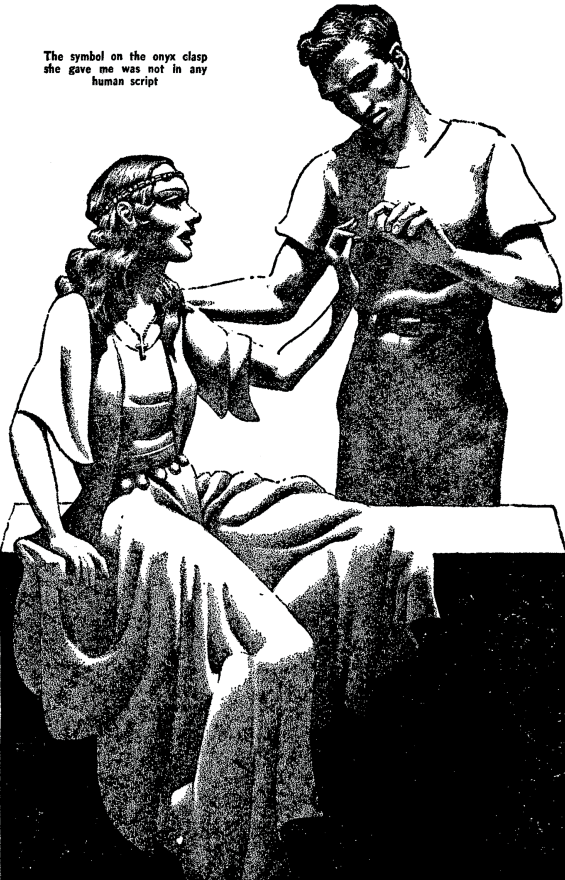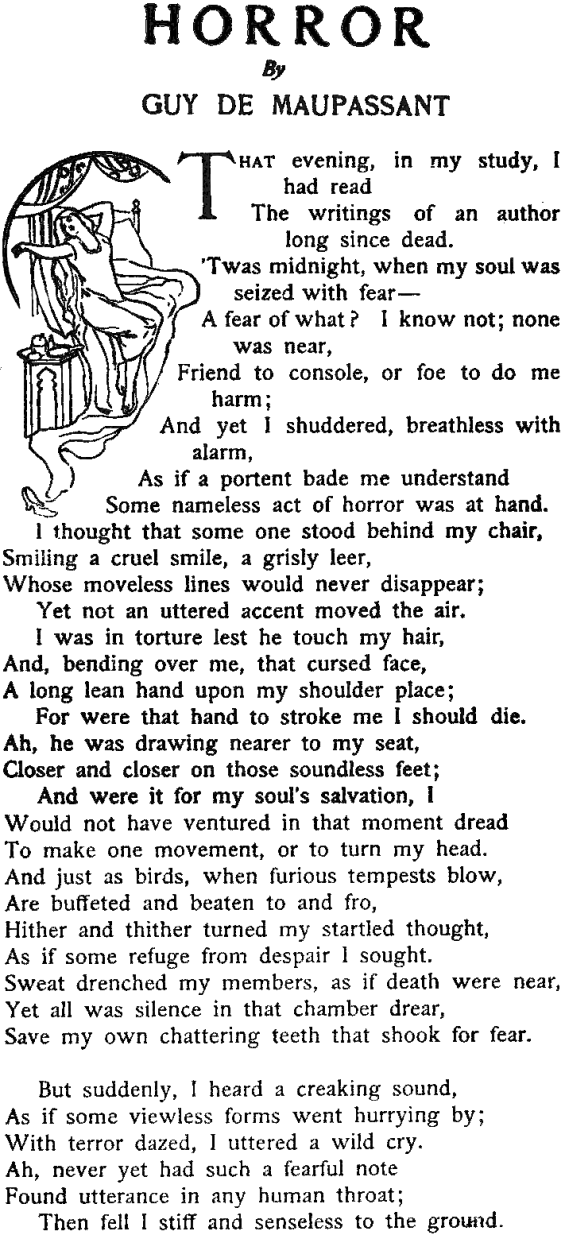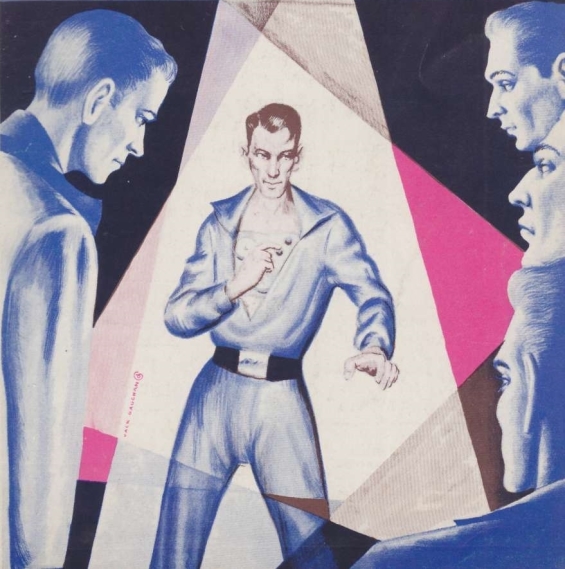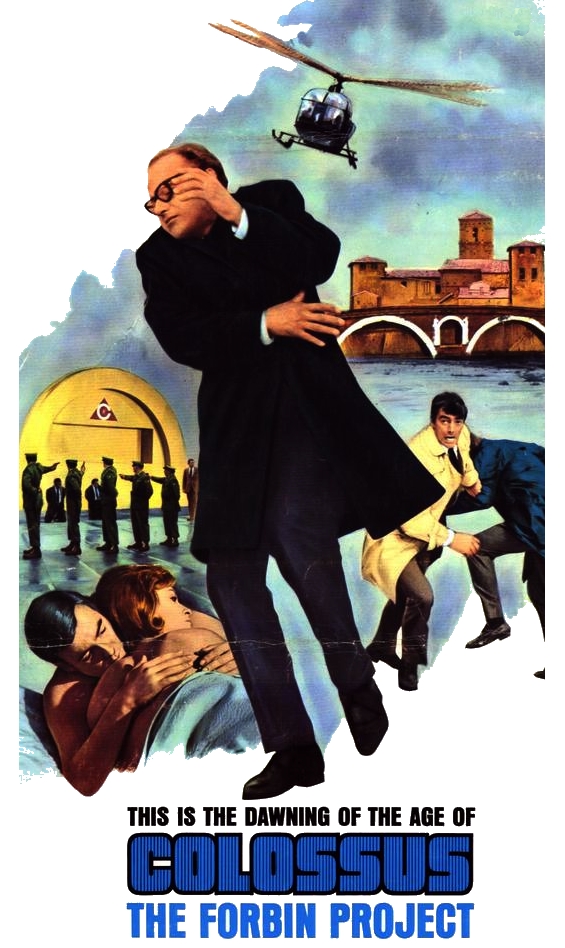
 The SFFaudio Podcast #254 – The Anticipator by Morley Roberts; read by Mr Jim Moon. This is a complete and unabridged reading of the short story (17 minutes) followed by a discussion of it. Participants in the discussion include Jesse and Mr Jim Moon!
The SFFaudio Podcast #254 – The Anticipator by Morley Roberts; read by Mr Jim Moon. This is a complete and unabridged reading of the short story (17 minutes) followed by a discussion of it. Participants in the discussion include Jesse and Mr Jim Moon!
Talked about in this episode: Story “found through a route obscure and lonely” via Arthur C. Clarke’s A Recursion in Metastories; H.G. Wells; story anthologized in time travel collection; Morley Roberts popular in The Strand magazine right alongside H.G. Wells and Arthur Conan Doyle; a story about the writer’s life; serialized fiction in the Victorian era; Victorian writers crossed genres more frequently; ornate, flowery writing style; invoking the ancestors and collective race memory; names in the story; ESP; main character is a drug addict “of the Holmesian school”; metafiction; William Williamson; semiautomatic writing; writing, sleep, and the subconscious; fiction as an escape; recursion in the story; The Food of the Gods (both the novel by H.F. Wells and the short story by Arthur C. Clarke); variations in writerly productivity; The New Accelerator by H.G. Wells; Philip K. Dick’s frenetic drug-fueled writing schedule; modern books are less thought-provoking and don’t age well; The Land of the Ironclads by H.G. Wells; the metaphor of gemstones as writing and the importance of metaphor in general; Mr. Jim Moon debunks the “cult of personality”; Stephen King’s Danse Macabre: “talent is like a knife”; Jesse thinks NaNoWriMo is a bad idea; Ted Chiang; Harlan Ellison’s as-yet-unpublished third volume of Dangerous Visions.
And check out the wonderful two-page doodle of the story by the amazing Samantha Wikan, it’s below!
Talked about on this episode:
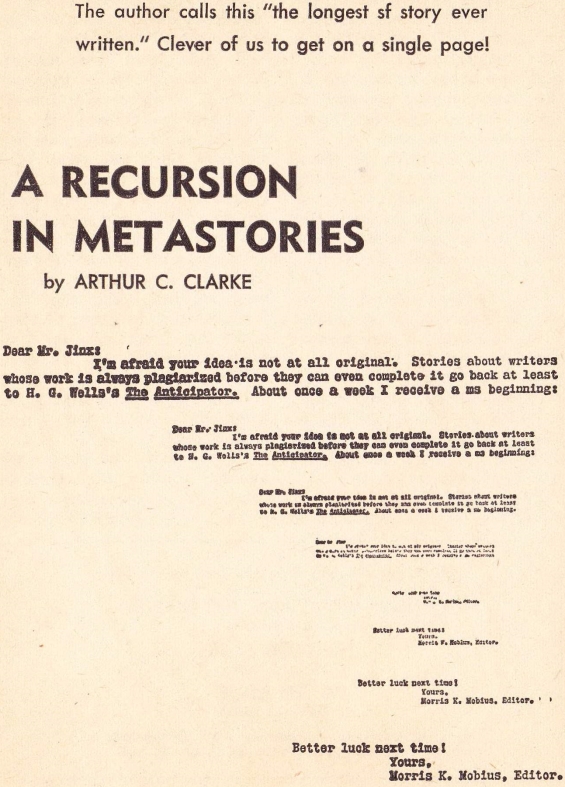
Posted by Jesse Willis
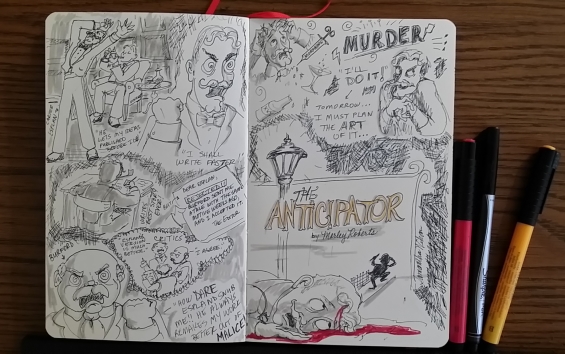



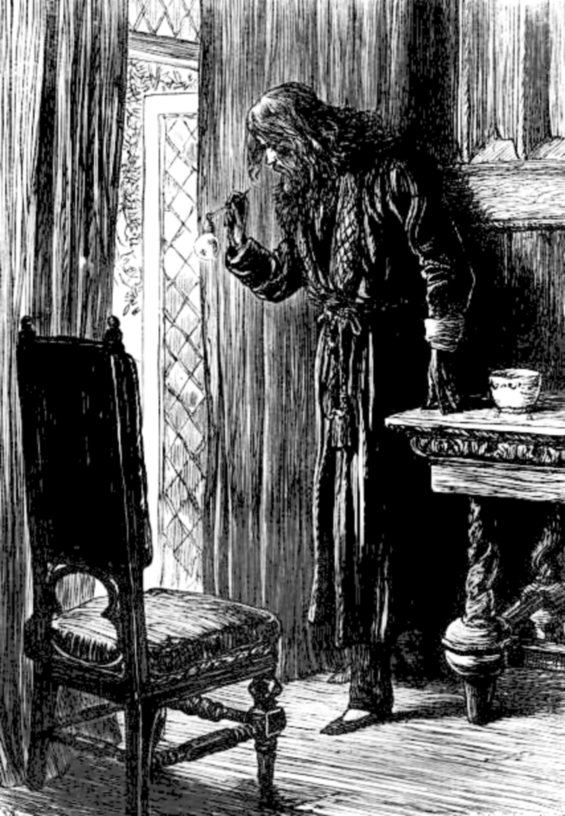


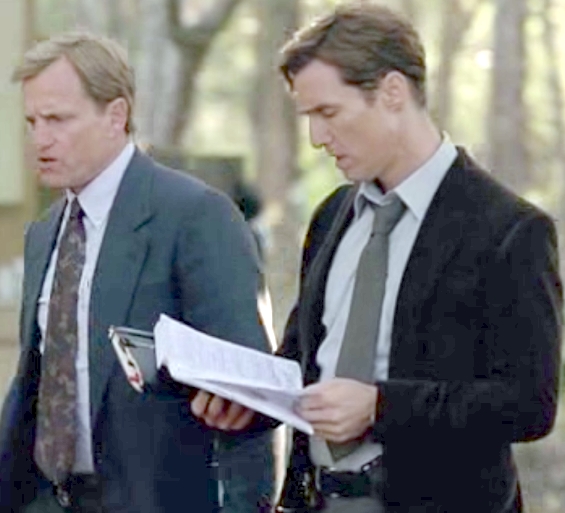
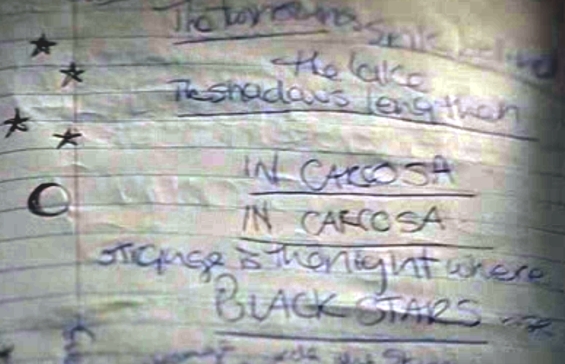
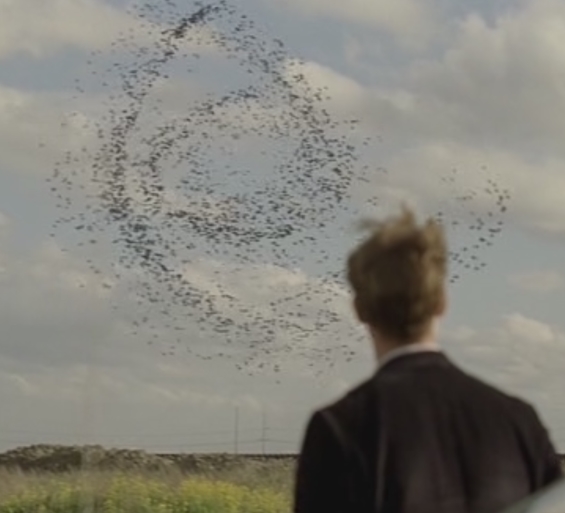
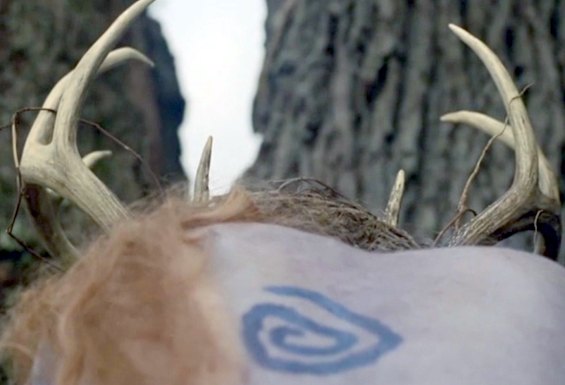
 An Inhabitant Of Carcosa
An Inhabitant Of Carcosa